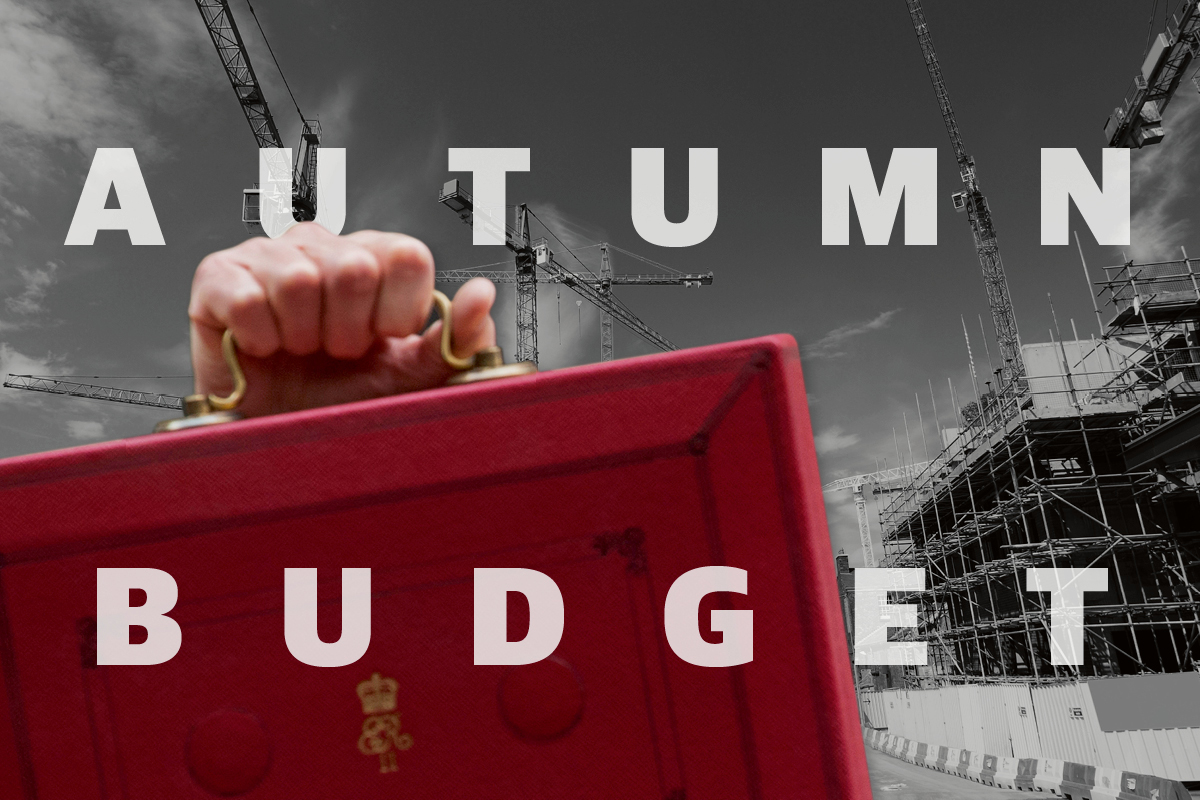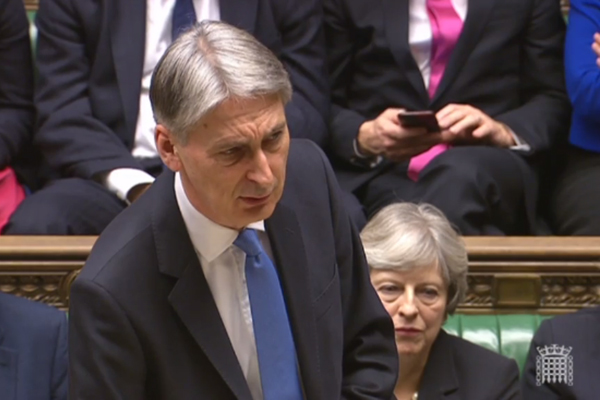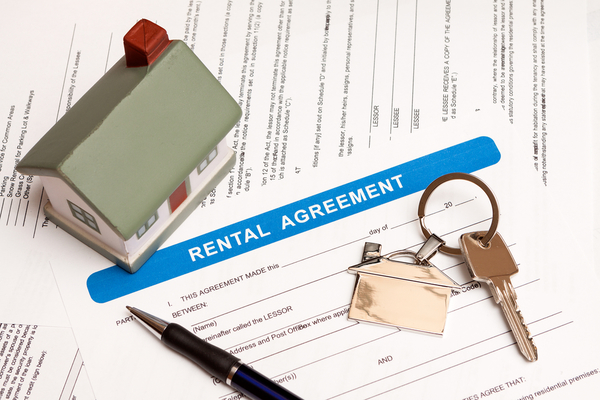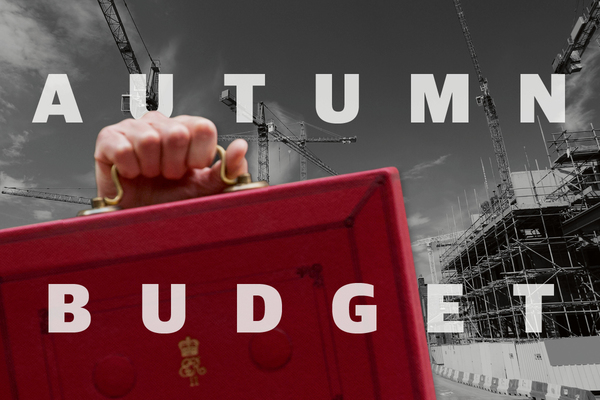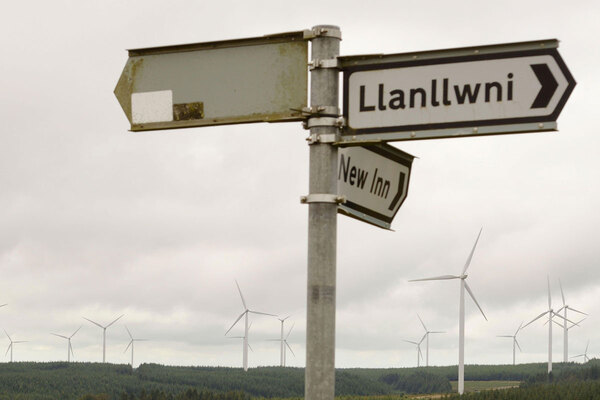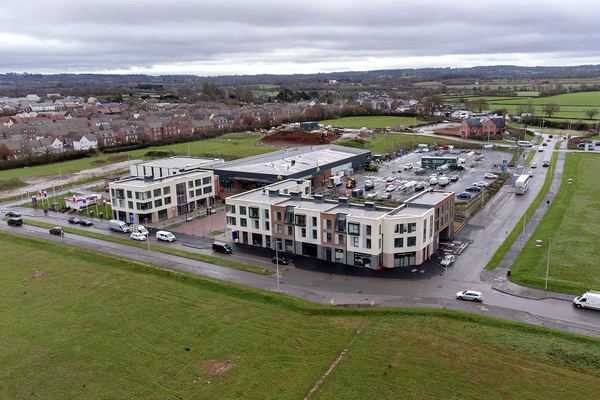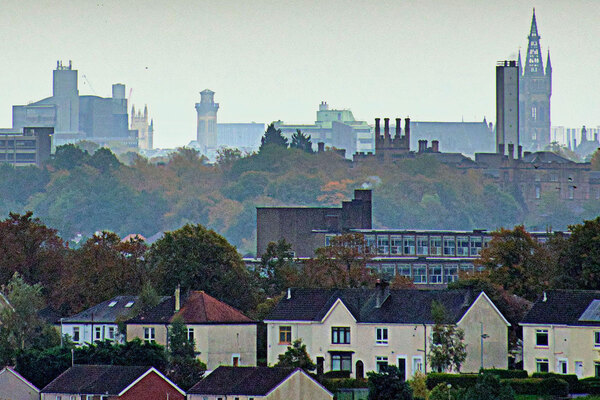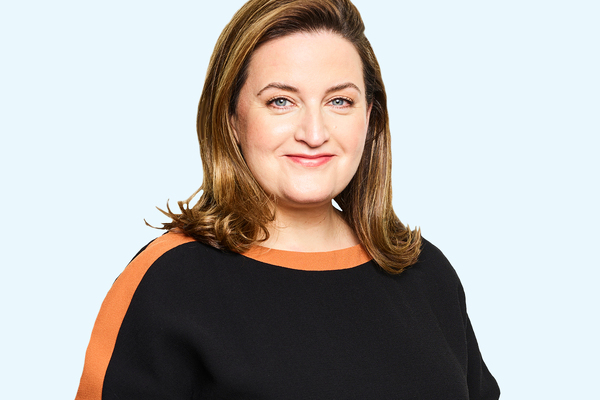OBR: stamp duty reforms will increase house prices
The government’s measures to reform stamp duty will increase house prices and mainly benefit property owners, according to the Office for Budget Responsibility (OBR).
The chancellor announced today that the government will abolish stamp duty for first-time buyers on properties worth up to £300,000 as part of an attempt to help young people on to the housing ladder.
In its response to this afternoon’s Autumn Budget, however, the OBR said that the changes would boost house prices by about 0.3%, with most of the effect occurring next year. It added: “The main gainers from the policy are people who already own property.”
Philip Hammond said that the new stamp duty regime, applying “with effect from today” will also include special measures in London, where it will be available on the first £300,000 of the purchase price of properties up to £500,000.
According to budget documents, stamp duty will now be 5% for properties worth between £300,000 and £500,000.
Estimates from Savills put the average stamp duty bill for first-time buyers at about £2,700.
Mr Hammond said that he had “received representations for a temporary stamp duty holiday to first-time buyers”, but that he thought such a measure “would only help those ready to purchase now and would offer nothing for the many who will need to save for years”.
The OBR said: "We assume that a temporary relief would feed one-for-one into house prices, but a permanent one will have twice that effect. On this basis, post-SDLT prices paid by [first-time buyers] would actually be higher with the relief than without it. Thus the main gainers from the policy are people who already own property, not the [first-time buyers] themselves."
The measures were welcomed by Jeremy Corbyn in his response. The Labour leader noted that his party’s manifesto for the 2017 general election had pledged to give first-time buyers a two-year holiday from stamp duty.
KEY BUDGET MEASURES AT-A-GLANCE
- Investment of £44bn in housebuilding in capital funding, loans and guarantees over the next five years to boost supply of skills, resources and land
- Commitment to be building 300,000 homes a year by mid-2020s
- £1.5bn package of changes to Universal Credit announced. This includes the scrapping of the seven-day waiting period at the beginning of a claim, making a full month’s advance available within five days of a claim for those that need it and allowing claimants on housing benefit to continue claiming for two weeks
- Lift council borrowing caps in "high-demand areas"
- A £125m increase over two years in Targeted Affordability Funding for Local Housing Allowance claimants in the private sector struggling to pay their rent
- New money into Home Builders Fund
- Extra £2.7bn for Housing Infrastructure Fund
- Invest £400m in estate regeneration
- £1.1bn on unlocking strategic sites
- Stamp duty for first time buyers on properties worth up to £300k will be axed, while the first £300k on properties worth up to £500k will also be scrapped
- Three new Housing First pilots announced for West Midlands, Manchester and Liverpool
- Councils to be given the power to charge 100% council tax premium on empty properties
- Government will launch a consultation to barriers to longer tenancies in the private rented sector
- £38m for Kensington & Chelsea Council for mental health and counselling services, regeneration projects in areas surrounding Grenfell Tower and a new community space
- Invest in five new garden towns
- £125m increase in Targeted Affordability Funding for Local Housing Allowance claimants in the private sector struggling to pay rent

